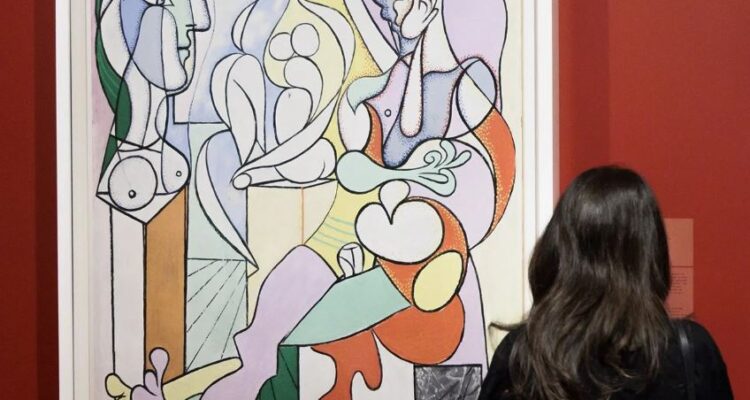In one of Virginia Woolf’s diary entries, she writes the following: “I do not like the Jewish voice.” And then: “I do not like the Jewish laugh.” Both of these strike me as morbid statements, given that, as far as I am aware, there is neither a Jewish voice nor laugh, though of course Jewish humour, so imbued with the pathos of recurring “types” found in the shtetl, the ghetto, the exile and the Shoah, has a distinctly Jewish flavour. I remember a Jewish punchline I heard once, which stopped me in my tracks for its horror, its creative potential, its poetry, its irony, its revulsion. King Solomon said, simply: “I guess you just had to be there.”
Still, I adore Virginia Woolf. In fact, if one puts to one side their singular creative gifts, the common denominator with great artists of the past seems to be just how disappointingly human they are. Geniuses were invariably as fallible as the rest of us. They were often racist, bigoted, sexist and cruel. Dostoevsky was, like Woolf, an anti-Semite. Conrad was a racist. Bruckner was a perv. Debussy was a brutal philanderer. Bach was once involved in a knife fight. Mozart’s brilliant wife was left to raise their children. Much of Wagner’s philosophy contributed to the desecration of history that was the Holocaust.
What is it about these geniuses that makes them endure in our cultural consciousness? Dostoevsky’s riveting, coruscating prose prefigured the cultural alienation we currently endure, stripped as we are of unifying myths. Conrad enlivened the language of the unconscious whose dark dreams we all share. With his spiny shapes, Picasso gave us a topography of modern fragmentation. Bruckner created entire universes with motifs of only four notes. Debussy helped us see sounds and hear shapes.
Read the article by Simon Tedeschi in The Saturday Paper.

